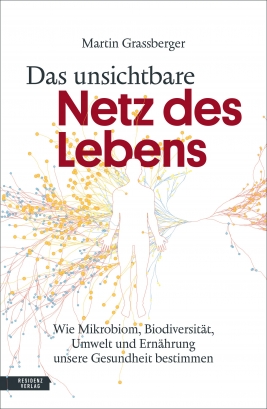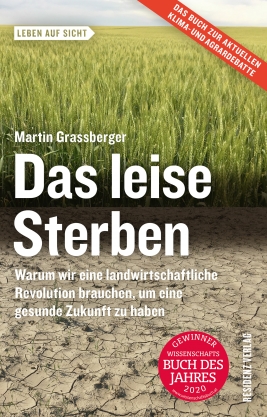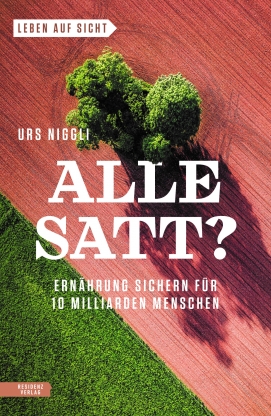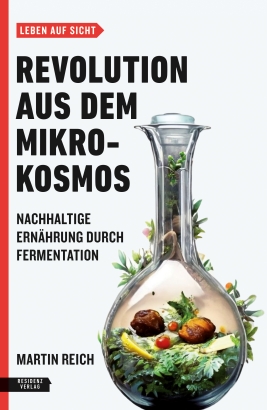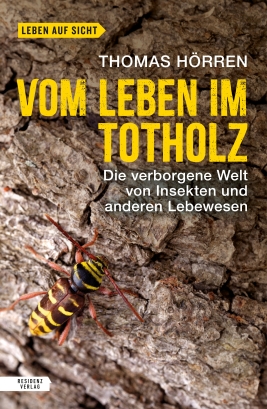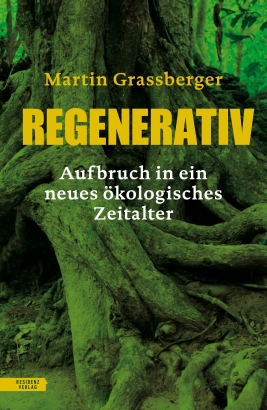
Martin Grassberger - REGENERATIVE
The dawn of a new ecological age
The new paradigm is that of regenerability.
We live in an age where we find ourselves confronted with seemingly insoluble problems, many of them stemming from humanity’s increasing alienation from nature and from ourselves. We cannot hold back this development with sustainability, factual knowledge and technological innovation alone. We are on the verge of a paradigm shift: regenerability. It is nature’s own processes and principles – from the tiniest cells to the biggest ecosystems – that serve as a model here. They are a testament to billions of years of evolution towards self-organised, resilient systems. Human beings, too, are a part of this process. Grassberger shows how a fundamental shift in values can regenerate human health, society and economics, allowing them to thrive long-term.
Book details
304 pagesformat:140 x 215
ISBN: 9783701735938
Release date: 22.04.2024
License rights
- World rights available






